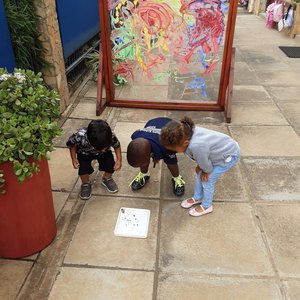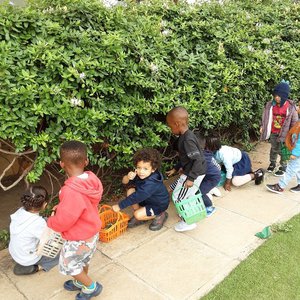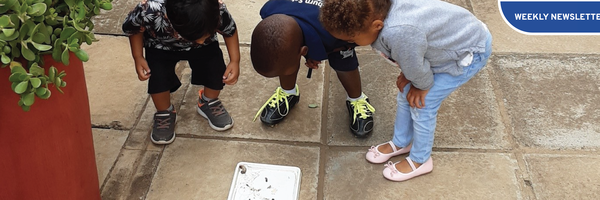
Nurturing Curiosity and Independence in Children
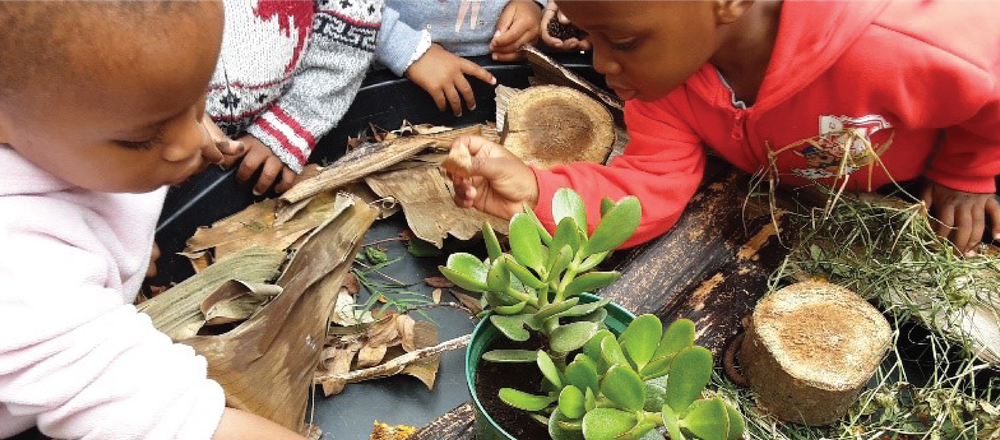
26th May 2023
Learning in the Moment
Young children possess a natural inclination to explore, question, and learn. Recently, during the setup of a mud kitchen area, an Early Years Foundation Stage (EYFS) teacher was sifting soil into a tray when a child discovered two caterpillars in the soil.
Recognizing the opportunity, it was decided to create a cozy home for the caterpillars. As a result, the children embarked on a research task to determine the requirements for a suitable habitat and caterpillar’s diet. They also learned about the life cycle of caterpillars.
This approach to learning, known as "In the Moment Learning," revolves around the belief that children's inherent curiosity and desire to learn should be nurtured. Rather than leading them through predefined activities, teachers take a step back and allow children to explore their own interests. In the moment learning aims to seize children's interest in present experiences. These teachable moments acknowledge that children absorb knowledge unconsciously through informal interactions.
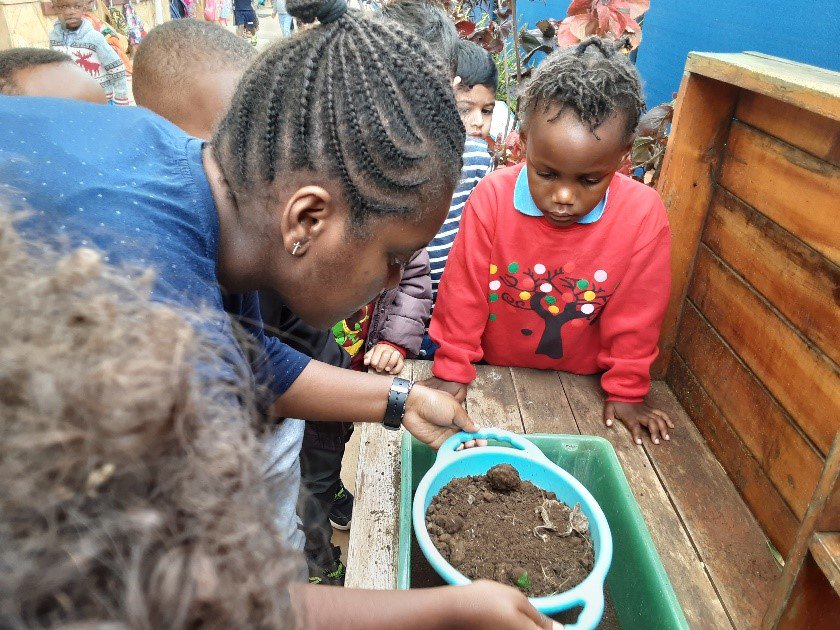
From the moment babies are born, they possess billions of brain cells that form connections and synapses through stimulation. This development of the brain signifies progress, and when the brain is fully engaged. The highest brain activity and synapse formation occur when children are deeply engrossed in something that fascinates, challenges them, and brings them joy.
Given that each child is unique, we cannot predict or impose what will spark their deep fascination. Every child is at a different developmental stage, and what challenges one child may be mundane for another. Similarly, one child may find joy in digging in the mud, while another may prefer sitting and creating a marvellous drawing.
Fiona Kombe












